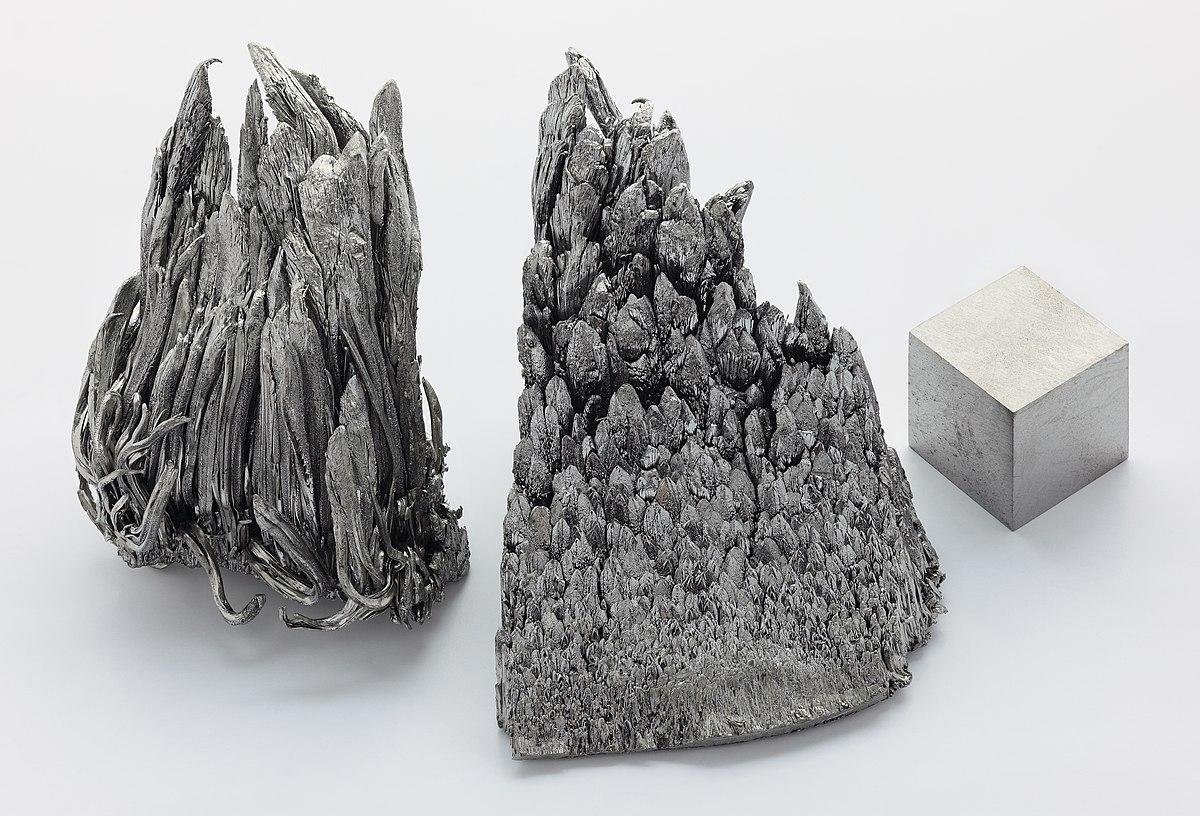The advancement of science in various fields and disciplines has been remarkable in the modern world. However, understanding the history of ancient sciences is essential to grasp the evolution of science throughout the ages. The history of science gives us a clear idea of how scientific studies began and how they evolved over time. In this article, we will explore the history of ancient science and the most significant contributions made by scientists of ancient times.
Contents:
- The Impact of Ancient Sciences on Civilizational Development
- Prominent Ancient Scientists and Their Contributions
- The Importance of Preserving the History of Ancient Sciences
- Recommendations for a Deeper Study of the History of Ancient Science
The Impact of Ancient Sciences on Civilizational Development:
The roots of ancient sciences can be traced back to important historical periods where societies heavily relied on knowledge and innovation in various fields. Ancient civilizations such as the Sumerian, Egyptian, and Greek civilizations began to develop advanced scientific concepts in mathematics, astronomy, medicine, engineering, and other scientific disciplines.
Thanks to these ancient sciences, these civilizations were able to build massive structures, develop irrigation systems for agriculture, and make revolutionary discoveries in the field of medicine. The impact of these sciences continued throughout the ages, as they inspired further advancements in science and technology.
Prominent Ancient Scientists and Their Contributions:
Some of the most notable ancient scientists include Thales of Miletus, Pythagoras, Archimedes, and Hippocrates. Thales is known as the father of Western philosophy and is credited with introducing the concept of natural philosophy. Pythagoras is famous for his contributions to mathematics, including the Pythagorean theorem. Archimedes is known for his work in mathematics, physics, and engineering, while Hippocrates is considered the father of medicine.
These ancient scientists made significant contributions to their respective fields, laying the foundation for modern science and inspiring future generations of scientists.
The Importance of Preserving the History of Ancient Sciences:
It is crucial to preserve the history of ancient sciences for several reasons. Firstly, it allows us to understand the origins of modern science and appreciate the advancements made by ancient civilizations. Secondly, it provides valuable insights into the thought processes and methodologies used by ancient scientists, which can still be relevant today. Lastly, preserving the history of ancient sciences helps us to avoid repeating past mistakes and build upon the knowledge and discoveries of our predecessors.
Recommendations for a Deeper Study of the History of Ancient Science:
To gain a deeper understanding of the history of ancient science, it is recommended to explore various resources such as books, documentaries, and online articles. Visiting museums and historical sites can also provide a hands-on experience and a better understanding of ancient scientific practices. Additionally, studying the works of ancient scientists and their contributions can provide valuable insights into their thought processes and methodologies.
the history of ancient science is a crucial aspect of understanding the evolution of science and its impact on civilization. By preserving and studying this history, we can gain a deeper appreciation for the advancements made by ancient civilizations and continue to build upon their knowledge and discoveries.Innovation and discovery are the cornerstones of modern science, inherited from ancient sciences by future generations. One of the most prominent ancient scientists who made significant contributions to the history of science is Aristotle, the Greek philosopher and naturalist. He established a philosophical school bearing his name and had a great influence on philosophy and science in later ages. In addition, he made important contributions in various fields such as philosophy, physics, ethics, and politics.
Another prominent ancient scientist is Galen, the Greek physician who laid the foundations for new advancements in the field of medicine and anatomy. He wrote numerous books and articles that are still considered important references for scientists and doctors today.
The preservation of the history of ancient sciences is crucial as it is a vital part of human heritage. Many of the daily discoveries and innovations can be traced back to ancient sciences. By preserving the history of ancient sciences, we preserve the knowledge and scientific legacy of our ancestors, which can be the key to solving many modern challenges we face in our society.
This ancient scientific heritage contains valuable lessons and experiences that we can use to understand the evolution and progress of humanity in various fields such as medicine, engineering, and astronomy. By studying the history of ancient sciences, we can promote communication between different cultures and enhance mutual understanding among people around the world.
For those interested in studying the history of ancient science, our recommendations include delving deeper and exploring this fascinating field. Serious researchers can explore various sources such as ancient texts, artifacts, and archaeological sites to gain a better understanding of the advancements and contributions of ancient scientists. Additionally, attending lectures and seminars on the subject can provide valuable insights and perspectives. By immersing oneself in the study of ancient sciences, one can gain a deeper appreciation for the rich history and legacy of this field.Diversity in the Study of Ancient Science
The study of ancient science is a fascinating and important field that allows us to understand the development of scientific knowledge throughout history. There are various aspects to this field, including:
- Ancient Texts: The study of ancient civilizations such as Egyptian, Babylonian, and Greek can provide insights into the evolution of science during those eras.
- Artifacts and Manuscripts: Rare artifacts and manuscripts may contain valuable information that contributes to our understanding of the history of science.
- Academic Research: Academic research and studies related to the history of ancient science can provide in-depth analysis and intellectual insights.
By focusing on these points, researchers can broaden their horizons and gain a comprehensive understanding of the history of ancient science. This can also stimulate curiosity and continuous research in this important field, which plays a significant role in understanding the development of human civilizations.
the history of ancient science showcases a great amount of creativity and innovation by ancient scientists in their quest to understand the world around them. From astronomy to medicine to mathematics, science flourished in ancient times and played a crucial role in the development of human civilization. Studying the history of ancient science not only provides a glimpse into the past, but also offers valuable lessons that we can apply in the present and future.



